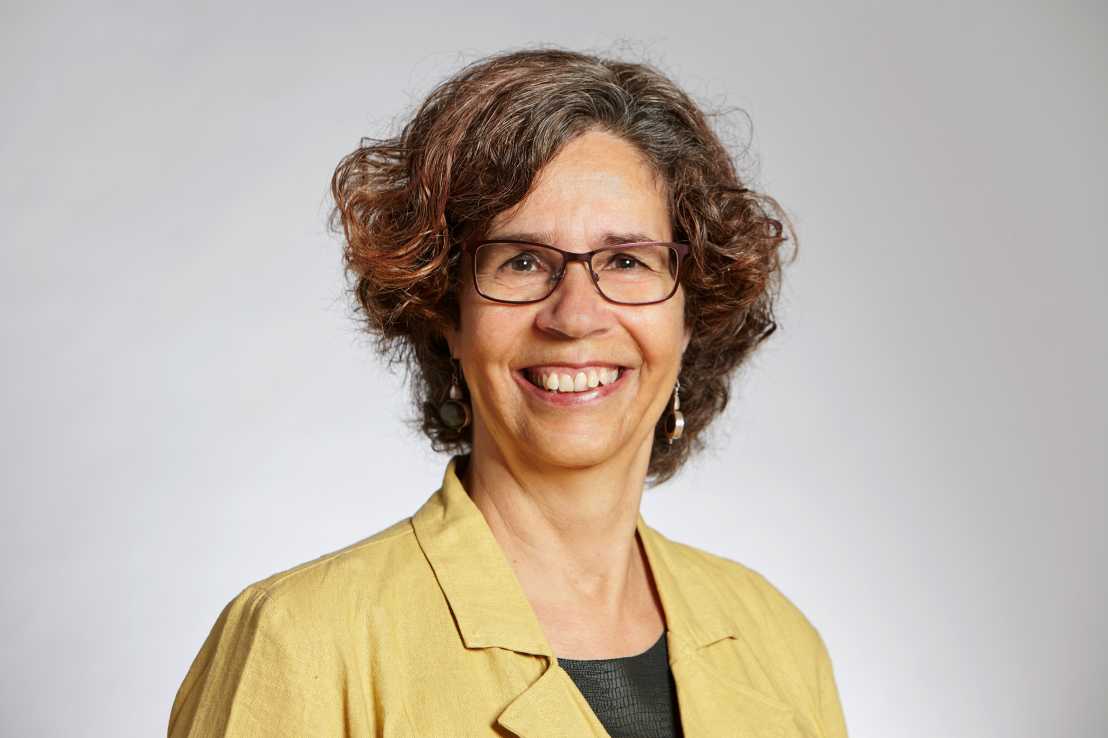Prof. Dr. Dr. hc. Viola Vogel

Viola Vogel is a Professor of the Department of Health Sciences and Technology at the ETH Zürich, Switzerland. She is heading the Laboratory of Applied Mechanobiology. Trained as a Physicist at Frankfurt University and after completing her graduate research at the Max-Planck Institute for Biophysical Chemistry, she spent two years as postdoctoral fellow in the Department of Physics at the University of California Berkeley. As faculty member, she joined the Department of Bioengineering at the University of Washington/Seattle (1990) to start a Molecular Bioengineering Program, and moved there through the ranks to Full Professor. She was the Founding Director of the Center for Nanotechnology at the University of Washington (1997-2003) prior to her move to Switzerland in 2004, where she initially joined the Department of Materials and then joined the newly founded Department of Health Sciences and Technology (2012), which she chaired from 2018-2020. She is core faculty member of the Wyss Translational Center Zurich since 2015 and an Einstein Visiting Fellow, Berlin Institute of Health, Charité since 2017.
She made pioneering contributions in applied mechanobiology by deciphering nanoscale mechanisms how mechanical forces switch molecular and cellular functions, and illustrated how to exploit such information for biomedical and technical applications. Since current knowledge in Biology, Pharmacy and Medicine is still mainly based on the knowledge of protein equilibrium structures, she challenged this notion by illustrating that protein stretching can activate or destroy molecular binding sites. In proof-of-concept studies, which involved the development of many new assays and nanotechnology approaches, complemented by computational simulations, she discovered many mechanisms how bacteria and mammalian cells, including stem cells and immune cells exploit proteins as mechano-chemical switches. Appreciating proteins not only from their biochemical, but from their mechanical design too, and how protein stretching impacts physiological and regenerative healing processes, is the main focus of our ongoing research and we are in the process of translating some of those mechanobiology concepts into the clinic.
Her research was recognized by major honors and awards, including the Otto-Hahn Medal of the Max-Planck Society 1988, the “First Award” from the Institute of General Medicine (National Institutes of Health USA, 1993-98), the Julius Springer Prize 2006 for Applied Physics, the ERC Advanced Grant (European Research Council 2009-14), the International Solvay Chair in Chemistry Brussels 2012, and an Honorary Degree Doctor of Philosophy from Tampere University, Finland 2012. She served on many scientific advisory boards around the world, as Rapporteur for the Max-Planck Society (Physical-Chemical Technical Division 2012-2013), as Jury Member for the Queen Elizabeth Prize for Engineering since 2014, on the World Economic Forum Global Agenda Council in Nanotechnology (2014-2016), on the Board of Regents of the Ludwig-Maximilians-Universität Munich (2011-19) and on the Board of Trusties, Gordon Research Conference Organization since 2018. She is Elected Member of the Leopoldina (2018), the Berlin-Brandenburg Academy of Sciences (2019), the National Academy of Engineering (2020), the National Academy of Science (2021) as well as Fellow of the British Royal Academy of Engineering (2023).
Find out more
Interviews & major lectures
Selected Publications
The Vogel Lab
Contact
Professur Angew. Mechanobiologie
Gloriastrasse 37/ 39
8092
Zürich
Switzerland